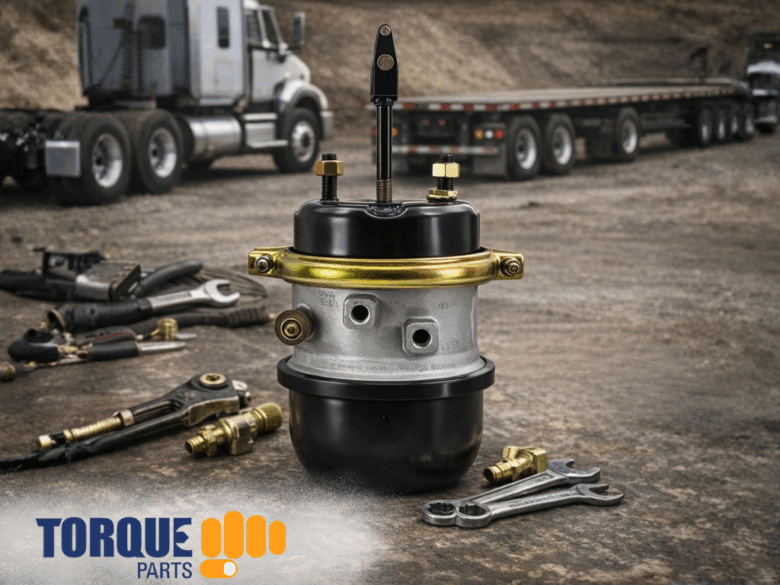Truck Mirror Enhancing Safety and Visibility on the Road
Truck Mirror Enhancing Safety and Visibility on the Road

In the world of trucking, safety and efficiency are paramount. Truck mirrors play a crucial role in ensuring both. As large vehicles that navigate through diverse traffic conditions, trucks need specialized equipment to maintain spatial awareness and ensure the safety of all road users. This article delves into the importance of truck mirrors, exploring their types, benefits, and maintenance practices.
Understanding the Types of Truck Mirrors
Truck mirrors are more than just simple reflective surfaces; they are vital tools designed to provide maximal visibility around the large blind spots that trucks inherently have. There are several types of truck mirrors, each serving a specific purpose:
Door Mirrors: These are large mirrors positioned on both sides of the truck, providing a direct view down the sides of the vehicle. They are crucial for general lane changing and turning maneuvers.
Wide-Angle Mirrors: Also known as convex mirrors, these provide a broader, though more distorted, view. They are essential for detecting vehicles that may be hidden in the truck’s immediate blind spots.
Hood Mirrors: Mounted on the front fenders, these mirrors help drivers see the front corners of the truck, which is particularly useful for navigating tight spaces or during low-speed maneuvers.
Interior Rearview Mirrors: While not common in all trucks (especially those with no rear window), these mirrors help monitor the interior of the vehicle and any cargo or passenger activity.
Each type of mirror is critical for different aspects of truck driving, helping to mitigate risks and improve road safety.
The Benefits of Effective Truck Mirrors
The benefits of truck mirrors extend beyond mere compliance with road safety regulations. They are instrumental in enhancing the driving experience and operational efficiency:
Increased Safety: Properly adjusted mirrors reduce blind spots, which significantly lowers the risk of accidents. They are particularly effective in preventing side-swiping and merging accidents.
Better Maneuverability: With enhanced visibility, drivers can maneuver their trucks more confidently and safely, especially in tight spaces like construction zones or urban environments.
Reduced Stress: Knowing that they can see all areas around their truck, drivers experience less stress and can maintain focus, which is crucial for long hauls.
Legal Compliance: Using the correct mirrors and ensuring they are properly maintained is not just about safety; it’s also a legal requirement in many jurisdictions.
Maintenance Tips for Truck Mirrors
To ensure that truck mirrors provide the maximum benefit, regular maintenance is essential. Here are some tips to keep your mirrors in top shape:
Regular Cleaning: Mirrors should be kept clean to provide clear visibility. Dirt, dust, and road grime can significantly impair a mirror’s effectiveness.
Proper Adjustment: Mirrors should be adjusted according to the driver’s seating position. This adjustment should be checked regularly as part of pre-trip inspections.
Damage Inspection: Mirrors can become damaged from road debris or during the loading and unloading process. Regular checks for cracks, chips, or loose mountings can prevent further damage or potential hazards.
Replacement: If a mirror is significantly damaged or its clarity has degraded, replacing it promptly ensures continued safety and compliance.
Conclusion
Truck mirrors are a critical component of truck safety equipment. By providing a comprehensive view around the truck, they play a vital role in preventing accidents and enhancing the overall safety of road travel. Regular maintenance and proper usage of truck mirrors are not just best practices—they are essential strategies that protect lives and property on the roads. For truck drivers and fleet managers alike, understanding and respecting the importance of truck mirrors will lead to safer and more efficient operations.
For detailed information, you can contact us at: Truck Mirror


